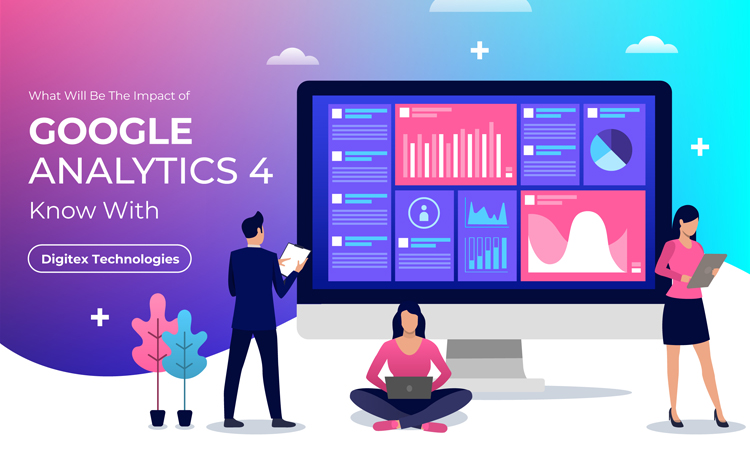When Google announced that it would be phasing out third-party cookies within its Chrome browser by 2022, the internet advertising industry was sent into a tailspin. The cookies in question are used by ad tech companies to track people across the web and serve targeted ads. Without them, it would be much harder for those companies to do business.
Google has since backtracked on that timeline, saying it will now take until 2024 to phase out third-party cookies. But the writing is on the wall: the cookie-less world is coming, and it will change the web as we know it. The most immediate impact will be on the ad tech industry. Companies that rely on third-party cookies for targeting will have to find new ways to do business.
The Impact Of Google Analytics 4 And Cookie Less Web World
Some have already started to pivot. One company, for example, is working on a new technology that uses first-party data (like email addresses) to target ads. Others are focusing on building first-party data relationships with publishers. This could mean working more closely with publishers to help them monetise their audiences or developing new products that publishers can use to collect data directly from their readers.
The changes will also have an impact on Google itself. The company has been working on a new version of its Google Analytics platform, called Google Analytics 4, which does not rely on third-party cookies. GA4 is still in beta, but it’s already clear that it’s a different beast from the traditional Google Analytics. It’s designed to work with first-party data and offers new features like audience segmentation and cross-device tracking.
As the cookie-less world takes shape, Google will likely become even more dominant in the world of web analytics. But it’s not all doom and gloom. The cookie-less world will also create new opportunities for publishers and marketers. For example, publishers will be able to collect first-party data directly from their readers. This data can be used to create more targeted and personalised content, which is likely to be more engaging for readers. And marketers will have to get more creative in their targeting. This could lead to more interesting and effective marketing campaigns that are better tailored to people’s interests.
So, while the cookie-less world may be a challenge for some, it also brings new opportunities for those willing to adapt.
What will the world gain and lose from Google Analytics 4?
Google Analytics 4 is set to change how we see the internet and how we are tracked online. This is because the 4th version of Google Analytics does not rely on third-party cookies. Instead, it is designed to work with first-party data. What does this mean for users and the internet at large?
The primary benefit of Google Analytics 4 is that it offers users more privacy. With traditional Google Analytics, data is collected and stored by Google. This means that your data could be shared with other Google products and services. With GA4, your data is only collected and stored if you give Google permission to do so.
This increased privacy comes at a cost, however. The downside of GA4 is that it is less accurate than traditional Google Analytics. This is because GA4 relies on first-party data, which is not as reliable as third-party data.
Another downside of GA4 is that it is incompatible with all browsers. Currently, it is only compatible with Chrome, Safari, and Firefox. This means that users of other browsers, such as Microsoft Edge, will not be able to use GA4.
Overall, Google Analytics 4 is a mixed bag. It offers increased privacy for users but at the cost of accuracy. It is also only compatible with certain browsers.




